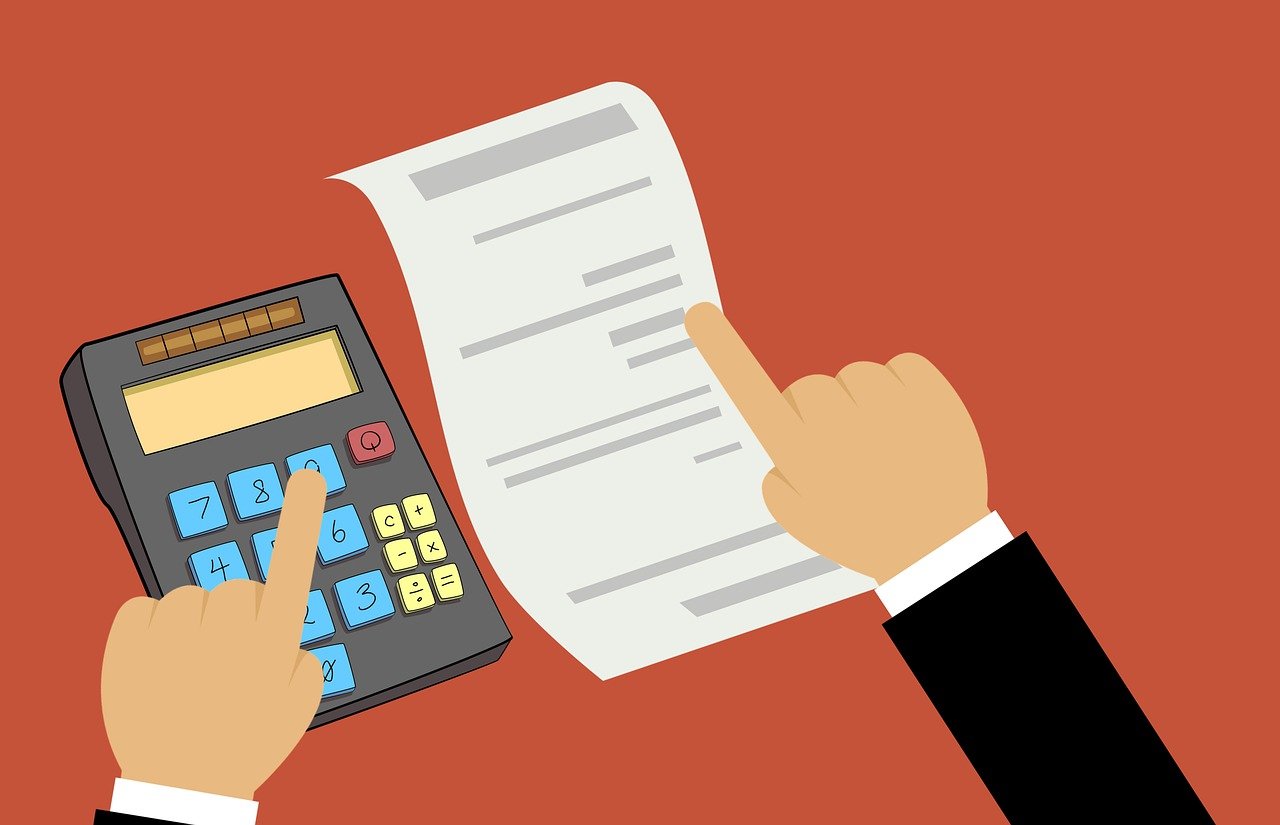Too many people fall short of achieving financial freedom. Even without occasional financial emergencies, escalating debt due to overspending is a constant burden that keeps them from reaching their goals.
When a major crisis—such as a hurricane, an earthquake, or a pandemic—completely disrupts all plans, additional holes in safety nets are revealed. Trouble happens to nearly everyone, but adopting certain habits can put you on the right path to financial independence.

Addressing Debt Resolution
Before you can move toward financial freedom, it’s crucial to tackle any existing debt. Debt resolution should be one of your top priorities. High-interest debt can cripple your finances, making it hard to save or invest. By creating a solid plan to pay off your debts, you free up more of your income to be used towards achieving your financial goals.
Understanding Financial Freedom
Financial freedom means having enough savings, investments, and cash on hand to afford the lifestyle you want for yourself and your family. It means growing your nest egg to generate a sufficient income without relying on a paycheck. Achieving financial freedom requires careful planning and discipline, but the peace of mind it brings is worth the effort.
Creating a Budget and Sticking to It
A well-planned budget is the foundation of financial freedom. It helps you understand where your money is going and ensures that you are living within your means.
Steps to Create a Budget
- Track Your Income and Expenses: Start by recording all your sources of income and tracking your expenses for a month.
- Categorize Spending: Divide your expenses into categories such as housing, utilities, groceries, transportation, and entertainment.
- Set Spending Limits: Based on your income and financial goals, set realistic spending limits for each category.
- Monitor and Adjust: Regularly review your budget to ensure you are staying on track and make adjustments as needed.
Building an Emergency Fund
An emergency fund is essential for financial security. It acts as a safety net during unexpected situations, preventing you from falling into debt.
How to Build an Emergency Fund
- Set a Goal: Aim to save three to six months’ worth of living expenses.
- Start Small: Begin by setting aside a small amount each month. Even $20 a week can add up over time.
- Automate Savings: Set up automatic transfers to your savings account to ensure consistent contributions.
Mindful Spending and Saving
Mindful spending involves being intentional with your money and making thoughtful choices that align with your financial goals.
Tips for Mindful Spending
- Evaluate Needs vs. Wants: Before making a purchase, consider if it is something you truly need or just a want.
- Delay Gratification: Wait a few days before making non-essential purchases to see if you still feel the need to buy.
- Prioritize Experiences: Spending on experiences rather than material goods often brings more lasting satisfaction.
Investing for the Future
Investing is a powerful tool for building wealth and achieving financial freedom. By putting your money to work, you can grow your savings and create a steady income stream.
Basics of Investing
- Understand Different Investment Options: Stocks, bonds, mutual funds, and real estate are common investment choices. Each has its own risk and return profile.
- Start Early: The earlier you start investing, the more time your money has to grow through compound interest.
- Diversify: Spread your investments across different assets to reduce risk.
Planning for Retirement
Planning for retirement is a critical aspect of achieving financial freedom. Ensuring you have enough saved to live comfortably in your later years requires foresight and consistent effort.
Steps to Plan for Retirement
- Determine Your Retirement Needs: Estimate how much you will need to live comfortably in retirement.
- Contribute to Retirement Accounts: Maximize contributions to retirement accounts such as 401(k)s and IRAs.
- Review and Adjust: Regularly review your retirement plan and adjust contributions as needed to stay on track.
Seeking Professional Advice
Financial advisors can provide valuable guidance and help you create a personalized plan to achieve financial freedom. They can offer insights into budgeting, investing, and retirement planning based on your unique situation.
Conclusion: Staying the Course
Building a path to financial freedom requires dedication, discipline, and a willingness to make smart financial choices. By addressing debt, creating and sticking to a budget, building an emergency fund, spending mindfully, investing wisely, and planning for retirement, you can achieve financial independence. Remember, the journey to financial freedom is a marathon, not a sprint. Stay the course, and you’ll find yourself closer to your financial goals with each passing day.
Discover more from Market Business News
Subscribe to get the latest posts sent to your email.

